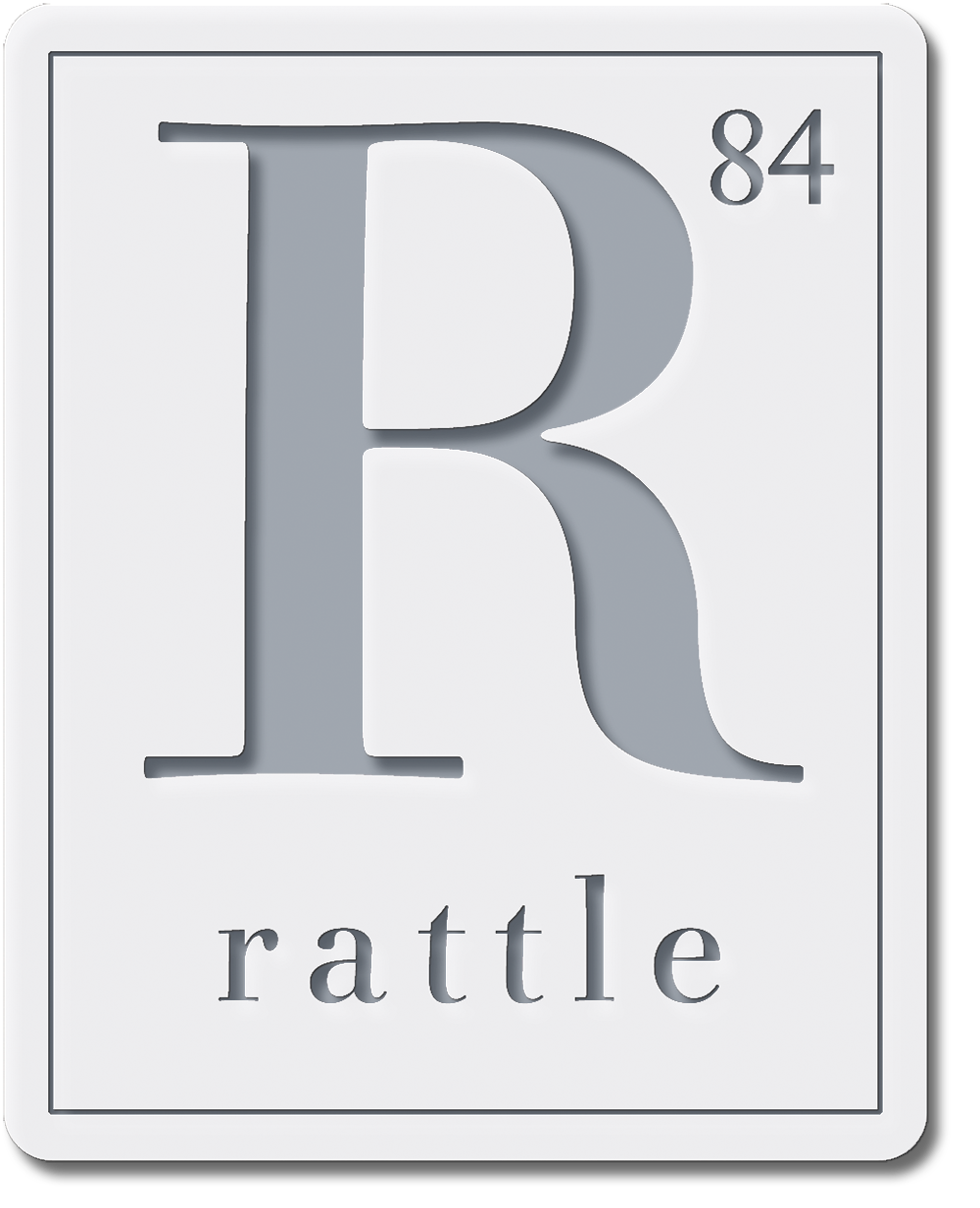September 28, 2010
Angela Narciso Torres
POSTCARDS FROM BOHOL
1/
Emerald mounds rise from the deep,
their white shoulders shedding turquoise
waters. When we scoop the wet sand
fine putty sluices through our fingers.
Our heels sink inches with every step,
leaving blurred footprints where small
crabs fine-pencil disappearing tracks.
2/
By dusk the tide has receded a hundred feet,
revealing the ribbed sea bed, ghost-pale
in the gathering dark. Scores of starfish
dot the rippled sand, white limbs etched
in gray, splayed under the night sky—
a universe in reverse. Ian, shirt flapping,
lifts a sun starfish, purple knobs radiating
on luminous limbs. We huddle around him,
our cheeks flushed with twilight.
3/
Driving through the country with windows
down, we count nipa huts, their thin walls
woven from palm, dark and light fronds
alternating, a diamond pattern framed in bamboo.
Air infused with green—kamogong, acacia, tanguile.
Dogs bark, a rooster tied to a gatepost scratches
and pecks, cocks its head. Children in faded blue
uniforms wave shyly, their feet coated in red dust.
4/
Rain falls in fits and starts. A drizzle
filters the air like gauze, taming the warm breeze.
Wind brings muffled cries of faraway children,
the hum of cicadas, drums from a fiesta
enfolded in the wash of waves. Across
the verandah, two gardeners in yellow shirts
are sharing a meal of fish and rice.
5/
The waves tell of beauty that comes unbidden,
approaching as a lover walks through a door,
each time familiar yet heart-stopping.
Hermit crabs scuttle sideways on the sand,
their paths crossing and uncrossing, shells
of lavender and coiled pearl plucked
from caves of night. The sea has the calm sadness
of what cannot stay: a waxing gibbous moon,
our sons, bent over a pool of silver fish,
their cheekbones limned with watery light
thin shoulders barely touching.
—from Rattle #24, Winter 2005
Tribute to Filipino Poets


